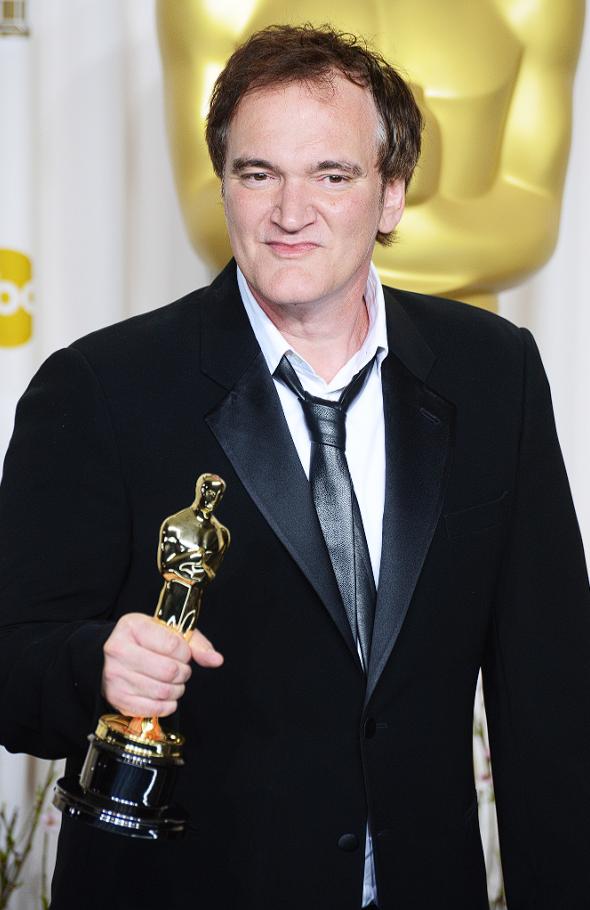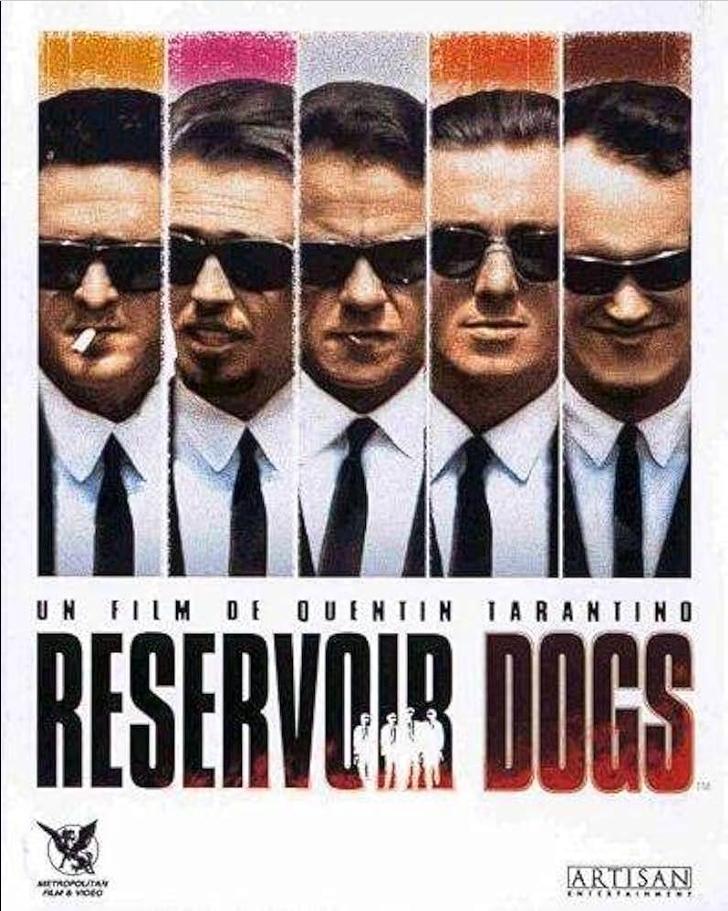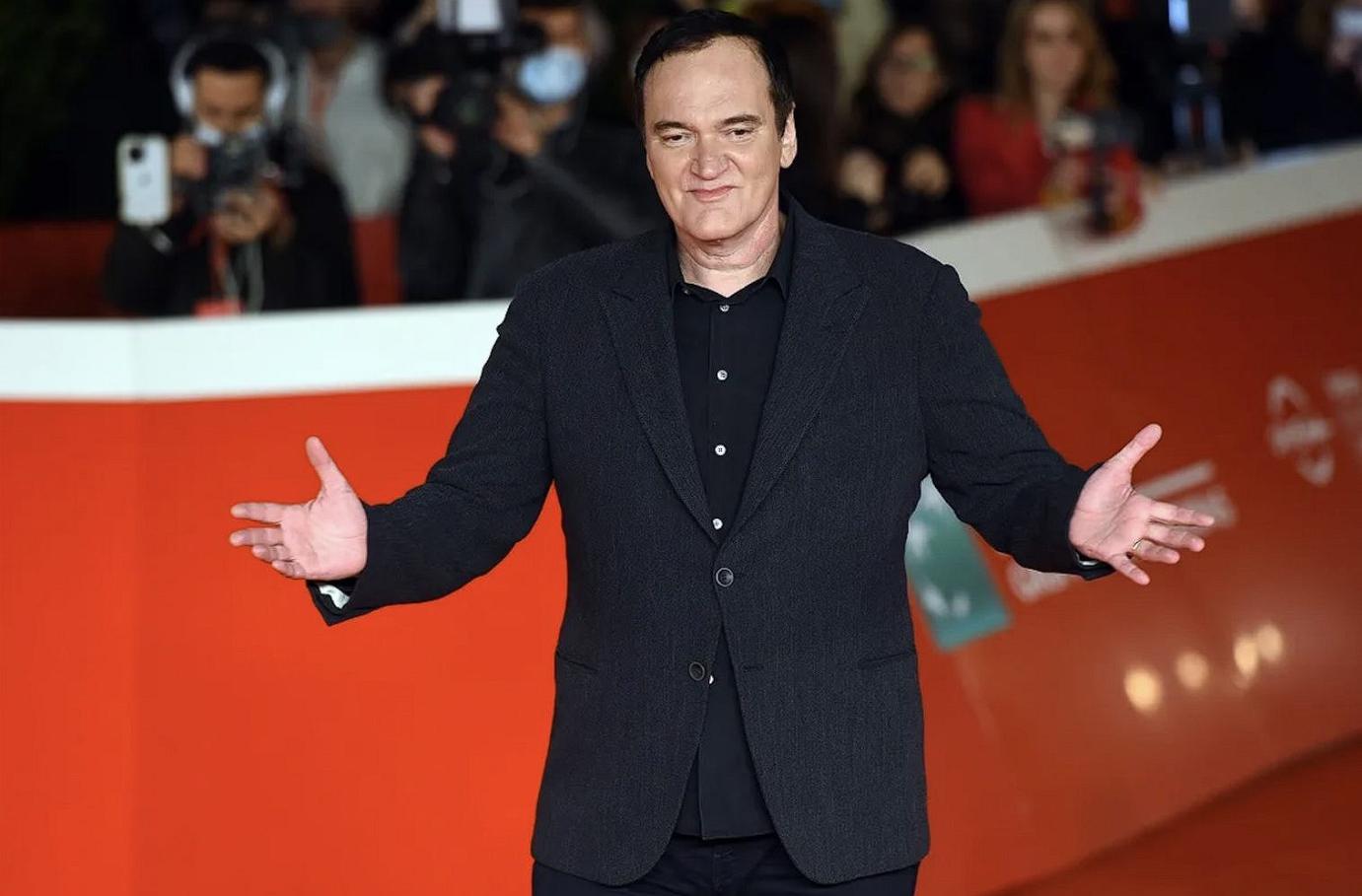Quentin Tarantino: The Filmmaker Who Revolutionized Hollywood
Quentin Tarantino is not just a filmmaker; he is a revolution in human form. With a style that defies convention, a narrative structure that twists expectations, and characters who speak like no one else, Tarantino has redefined the modern cinematic landscape. From his humble beginnings as a video store clerk to becoming one of the most influential directors in Hollywood, his journey is as unconventional as the films he creates.
Early Life: From Video Store Clerk to Filmmaking Icon
The Unlikely Path to Cinema
Born in 1963 in Knoxville, Tennessee, Tarantino grew up on a steady diet of cinema. He wasn’t the typical child of a Hollywood dynasty, nor did he attend film school. Instead, he immersed himself in the world of movies through his job at a video rental store in Los Angeles, where he spent hours watching films from every genre imaginable. This unorthodox education in cinema shaped his unique vision, one that blended sharp dialogue, unexpected violence, and a love for pop culture.
Breakthrough: The Film That Changed Everything
Reservoir Dogs and the Birth of a Filmmaking Revolution

Tarantino’s breakthrough came in 1992 with Reservoir Dogs, a gritty, dialogue-heavy film about a botched diamond heist. The film made an immediate impact with its non-linear narrative and sharp, often brutal dialogue. But it was Pulp Fiction (1994) that truly solidified Tarantino’s place in the pantheon of great filmmakers. Pulp Fiction wasn’t just a film; it was an event. It shattered traditional storytelling with its fragmented narrative, filled with unforgettable characters like Vincent Vega, Jules Winnfield, and Mia Wallace. The film became a cultural touchstone, winning the Palme d’Or at Cannes and revitalizing independent cinema.
Tarantino’s Signature Style: Breaking All the Rules
Non-Linear Narratives and Genre-Blending
What set Tarantino apart wasn’t just his ability to create unforgettable characters; it was his audacity to rewrite the rules of filmmaking. His films defy conventional structure, often jumping between timelines, blending genres, and even paying homage to the films that influenced him. Whether it’s the samurai-inspired Kill Bill, the violent Western Django Unchained, or the revisionist war epic Inglourious Basterds, Tarantino has consistently shown that he’s not afraid to take risks.
The Power of Tarantino’s Characters
At the heart of his films are his characters—flawed, complex, and often morally ambiguous. His signature dialogue, full of pop culture references and witty banter, has become a hallmark of his style. Yet, beneath the surface, Tarantino’s films often explore deeper themes: vengeance, redemption, the search for identity, and the blurred line between good and evil. His storytelling is about more than just thrills and violence; it’s about capturing the complexities of the human experience.
Tarantino and Violence: A Controversial Love Affair
Violence as a Narrative Tool
Tarantino’s love for violence is one of the most defining aspects of his work, but it’s also one of the most misunderstood. His use of violence is not gratuitous; it serves as a way to explore power dynamics, morality, and the consequences of human action. It’s visceral and raw, but it’s also incredibly stylized, with a sense of absurdity that forces audiences to confront their own complicity in the spectacle of cinema. He has often said that violence in films should be entertaining, not glorified, and he achieves this with a mixture of dark humor and intense drama that keeps audiences on edge.
The Independent Filmmaker: Tarantino’s Unique Approach
Defying Hollywood Conventions
But it’s not just his films that have made Tarantino a force to be reckoned with—it’s his entire approach to filmmaking. He is fiercely independent, rejecting the traditional studio system and choosing to work with smaller budgets and greater creative freedom. This autonomy has allowed him to craft films that feel uniquely personal, often drawing from his own life experiences and the genres that influenced him.
Controversy and Creativity
Tarantino’s approach has often been controversial. His films are filled with profanity, violence, and controversial themes, but that’s exactly what makes him such a compelling figure. He has never compromised his vision for the sake of commercial success or critical approval. Instead, he has created his own lane in Hollywood, one where the rules are his to break. His work has challenged conventional ideas of what a film should be and forced other filmmakers to rethink their approach.
Legacy and Influence: Tarantino’s Lasting Impact on Cinema
From Outsider to Hollywood Legend
Despite his success, Tarantino has always remained an outsider in Hollywood. He’s not concerned with mainstream acceptance or pleasing the critics. Instead, he’s focused on telling stories that excite him, that challenge the audience, and that leave a lasting impact. His films don’t simply entertain; they provoke, they question, and they make us think.
The Enduring Influence of Tarantino’s Work
As Tarantino moves into the latter stages of his career, his influence continues to grow. With films like Once Upon a Time in Hollywood (2019), he reflects on the changing landscape of Hollywood itself, a place that he has both rebelled against and reinvented. His legacy is one of defiance, individuality, and a commitment to the art of filmmaking.
Conclusion: Quentin Tarantino – A Filmmaker Like No Other
In the end, Tarantino’s impact on Hollywood can’t be overstated. He didn’t just rewrite the rules—he threw them out entirely. In an industry that often values conformity over creativity, Tarantino has proven that there is no one “right” way to make a movie. By embracing his own voice, his own style, and his own vision, he has inspired an entire generation of filmmakers to follow suit. In the world of Quentin Tarantino, the only rule is to never follow the rules.
